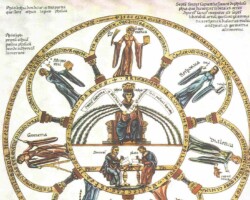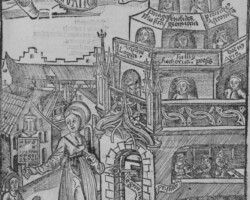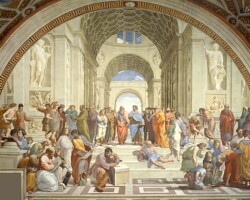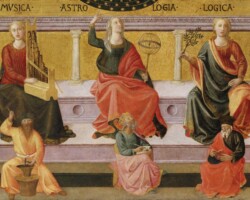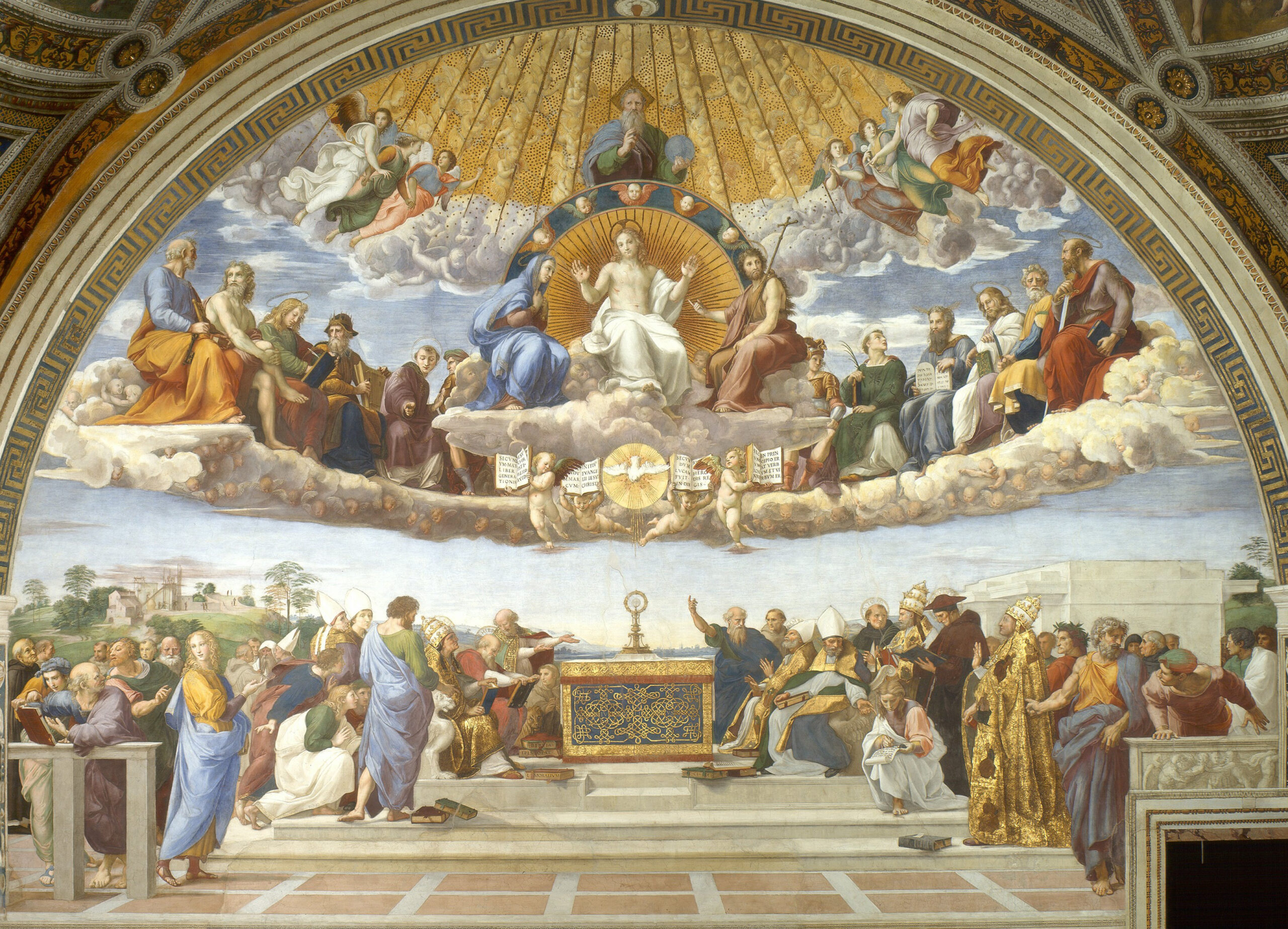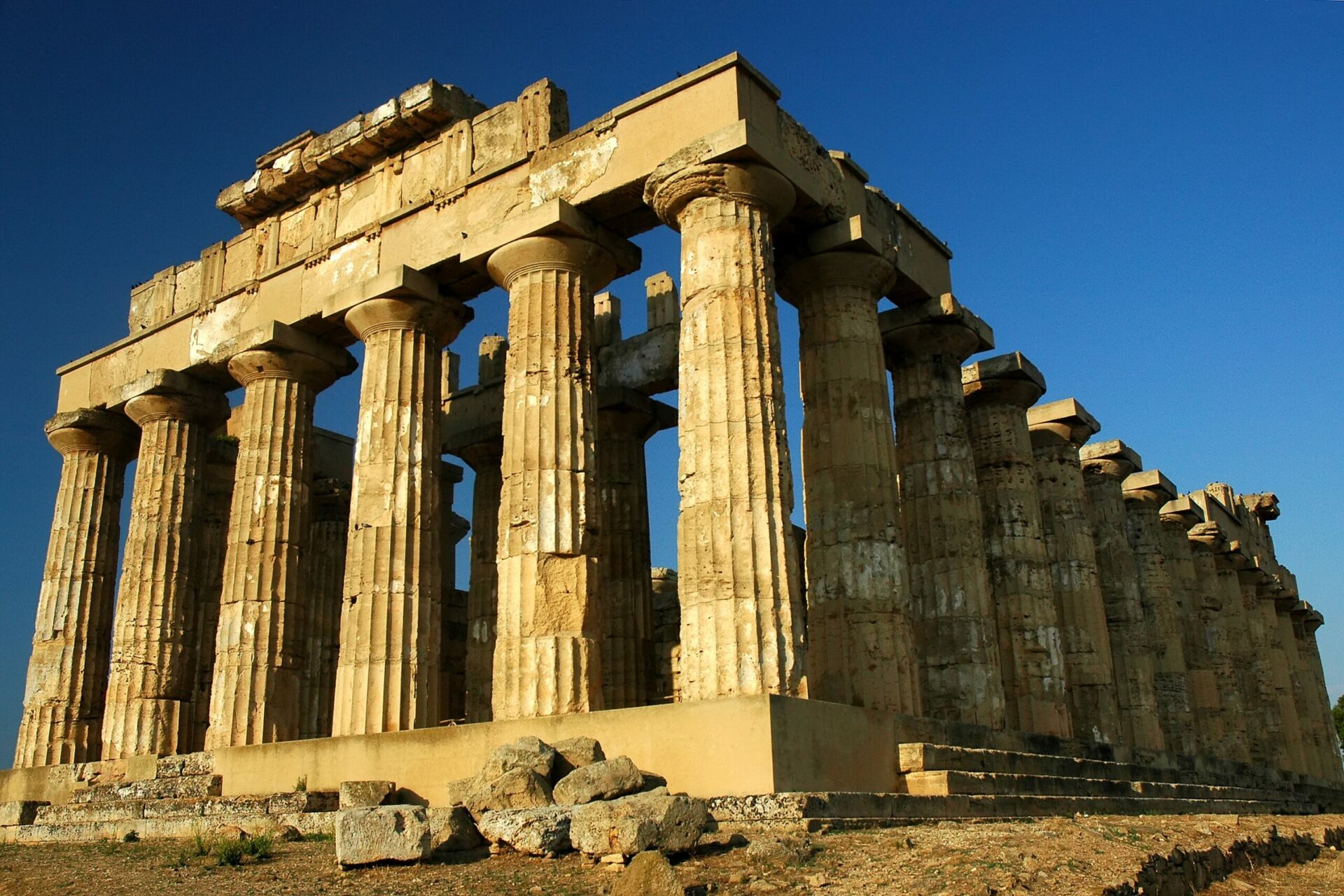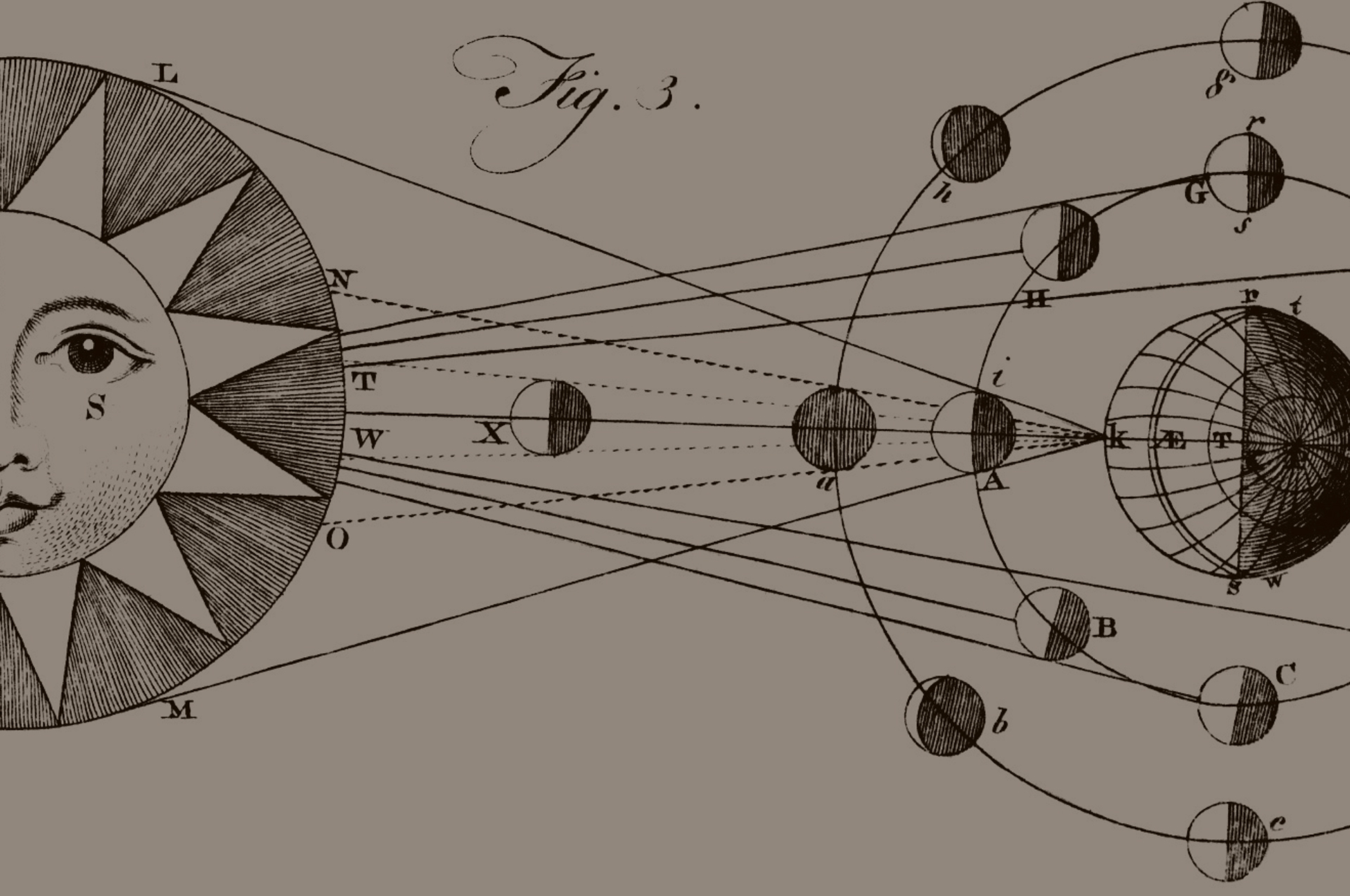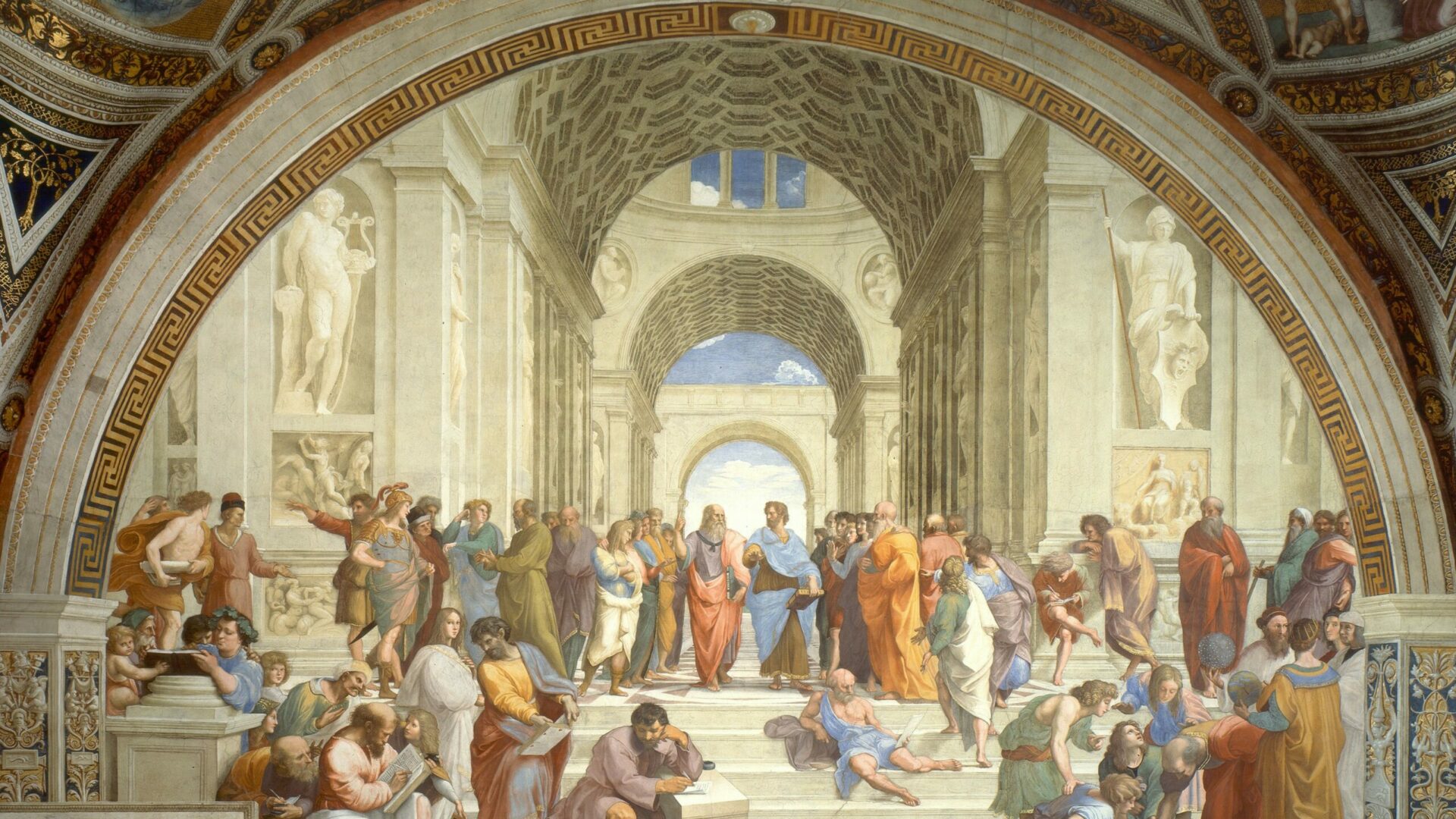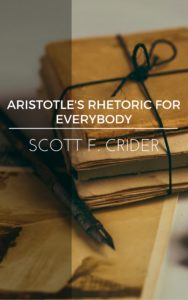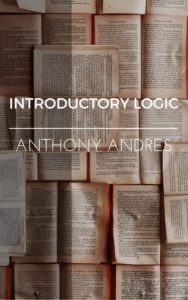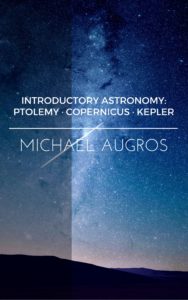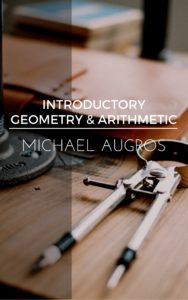Our Mission
To educate students, teachers, and lifelong learners in the purpose and power of the liberal arts and liberal education.
For Students
The Arts of Liberty offers explanations and advice on cultivating one’s temperament, passions, and virtues.
For Teachers
This Project provides scholarly teaching and curriculum materials on the liberal arts and liberal education.
For Lifelong Learners
We offer articles, timelines, and galleries that explain the liberal arts and liberal education.
Support the Spread of the Arts of Liberty
Donate
Consider donating to the Arts of Liberty project and help us to spread liberal arts and liberal education to a hungry and needy populace! Tax-deductible donations can be made through our sister organization the Boethius Institute, a 501(c)3 nonprofit.
Sign Up
-
Grammar
- Article on the nature of grammar
- Quotations on the purpose of grammar
- Etymologies of important words in grammar
Logic
- Coursebook on logic
- Quotations on the purpose of logic
- Etymologies of important words in logic
Rhetoric
- Introductory Coursebook on rhetoric
- Advanced Coursebook on rhetoric
- Teaching Tools: How to do a classical rhetorical analysis
- Quotations on the nature of rhetoric
-
Arithmetic
- Coursebook on arithmetic
- Quotations on the Purpose of arithmetic
- Etymology of important words in arithmetic
Geometry
- Coursebook on geometry
- Quotations on the purpose of geometry
- Etymologies of important words in geometry
Music
- Quotations on the nature of music
- Etymologies of important words in music
Astronomy
- Introductory Coursebook on astronomy
- Advanced Coursebook on astronomy
- Quotations on the nature of astronomy
-
Curriculum
Explore our curriculum founded on a proper understanding of the human person and aimed at natural and supernatural flourishing.
Disciplines
Discover more about the interrelationships between the arts and sciences.
Development
Read about our plan for moral growth based on the dominant developing powers and appetites for each age group.
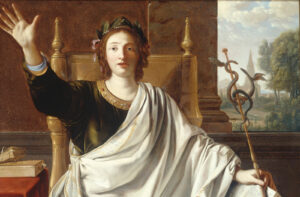
"Portia's Powerful Tongue: The Ethics of Lady Rhetoric in The Merchant of Venice"
by Dr. Scott F. Crider
"...ethical rhetoric is a difficult achievement. In the ethical moment of disposing means to end, the rhetor is only imperfectly in command of a fallen world, and if this limitation can lead a woman of Portia’s moral and intellectual virtue to error in her sacrificing a tragic usurer to secure comic marriages, we ought not be overly confident in either the virtue of our own rhetoric or the exactitude of our own generic terms."

"Athena as Founder and Statesman in the Eumenides of Aeschylus"
by Dr. John Alvis
"The Oresteia develops upon three levels: the theological, the political, and the ethical. The theological development moves from divisiveness among the gods to the consolidation of the rule of Zeus; the political development moves from Troy to Argos to Athens; and the ethical development moves from will without restraint, to will subject to responsibility, to self-rule fully responsible to religious, familial, and political obligations."
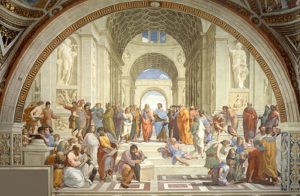
"The Cave and the Quadrivium: Mathematics in Classical Education"
by Dr. Jeffrey S. Lehman
"Are these quadrivial arts, in contrast to those of the trivium, simply outmoded today? If so, why? If not, how might they inspire and be incorporated into the curricula of classical schools? In order to answer these questions, we must first begin by getting a clear sense of what the quadrivial arts are, as well as what they are not. To do so, we will turn to Plato’s Republic, one of the fountainheads of education in the Western tradition."
